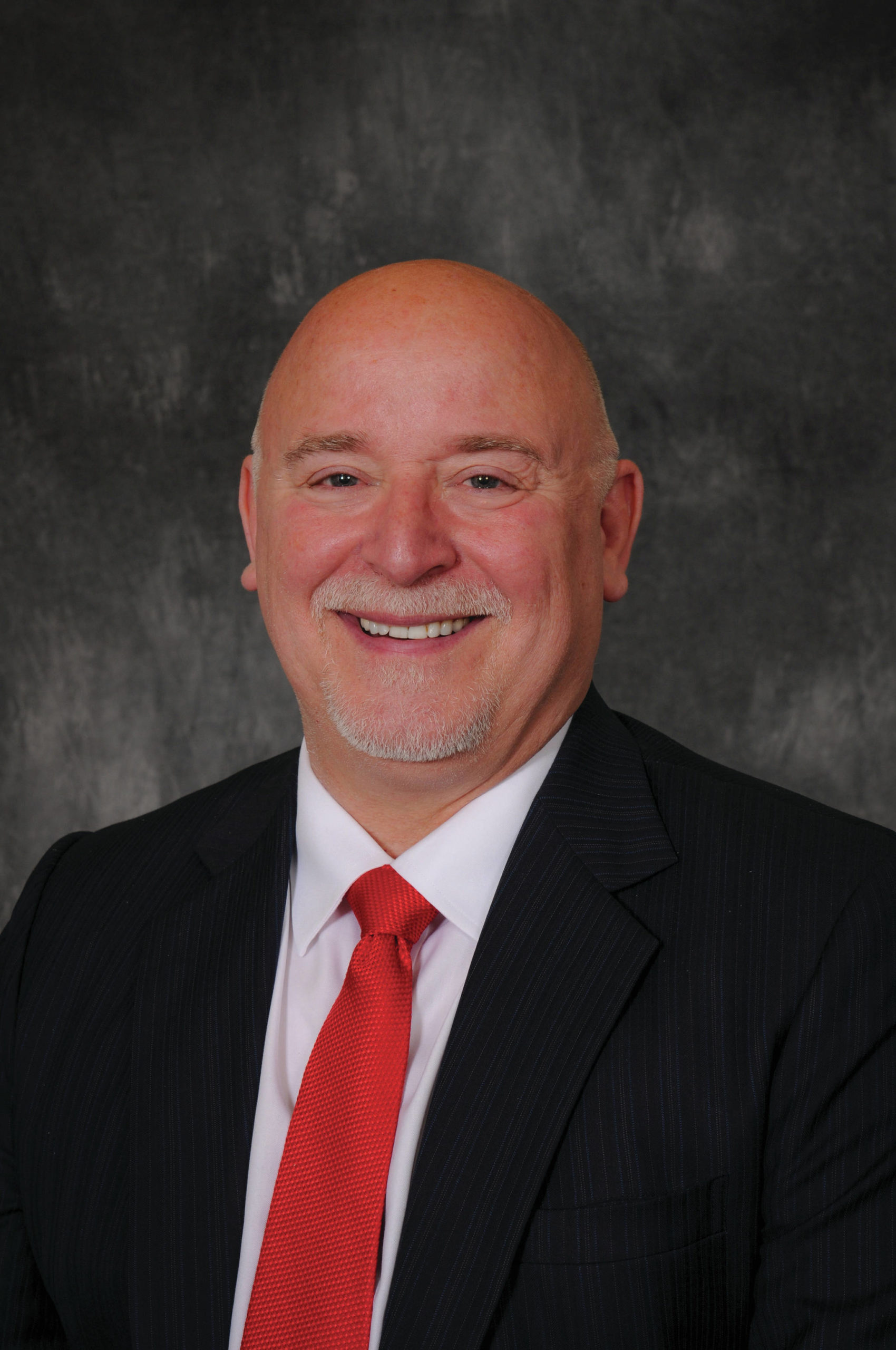Five years ago, through Senate Bill 21 (SB21), Alaskans were asked to substantially reduce our oil production taxes. In return, we were promised there would be more capital investment, more oil jobs, more oil production, and more state revenue. Instead, we got less capital investment, fewer oil jobs, less oil production, and billions of dollars less in state revenue. The consequences have been devastating. While the major international oil producers have made billions from our oil since SB21, Alaska has suffered.
Alaska needs a fair share from the sale of our oil to economically recover and have a meaningful future. In these times of low oil prices, it is more important than ever to divide oil revenues fairly between Alaska and the major international oil producers. In the last five years, the gross revenues from the sale of our oil have been $57.4 billion. Let’s look at some hard truths about how this $57.4 billion has been divided between Alaskans and the major international oil producers.
Lowest Royalties. Let’s be honest about royalties. Alaskans receive the lowest royalties of any state or private owner with major oil resources in the United States. In the past five years, Alaska has received 12.5% of the $57.4 billion in oil produced or about $7.2 billion in royalty oil. While Alaska gets a 12.5% royalty, major resource owners today typically get a 25% royalty. Texas has gotten a 25% royalty for over 30 years. Private land owners with major reserves throughout the United States have gotten a 25% royalty for over a decade.
Despite considerable efforts to confuse the two, royalties are not oil taxes. Instead, royalties are the part of the oil production the state keeps as rent for the leases and sells either “in-value” to the producers or “in-kind” to third-party refiners.
Lowest Oil Taxes. Turning to oil taxes, the major international oil producers realized $50.2 billion from their sale of our non-royalty oil in the past five years. They paid two oil taxes on these revenues — production taxes and corporate income taxes.
Let’s be honest about production taxes. Under SB21, Alaskans have received the lowest production taxes in our history and the lowest production taxes of any state or nation with major oil resources in the world. In the five years before SB21, Alaskans received a total of $19 billion or $3.8 billion per year in production taxes after credits. In the five years after SB21, Alaskans received a total of negative $82 million or negative $16.44 million per year in production taxes after credits. Ironically, since SB21, we have paid the producers more to produce our oil in paid credits than they paid us in production taxes.
Let’s also be honest about corporate income taxes. Alaskans receive almost no corporate income taxes. In the past five years since SB21, Alaskans have received a total of $262 million or $52.44 million per year in corporate income taxes. This is roughly one-half of one percent of the $50.2 billion the major international oil producers have received from their sale of our non-royalty oil.
When we combine both oil taxes (production and corporate income taxes), Alaskans get less than any other state or nation in the world with major oil reserves. We do far worse than Russia, Iraq, Norway, Nigeria, Brazil, or any other country with major oil reserves. In the past five years since SB21, Alaskans have received a total of $179 million or $35.8 million per year in combined oil taxes. This is roughly one-third of one percent of the $50.2 billion the major international oil producers have received from their sale of our non-royalty oil.
Normal Property Taxes. The major international oil producers also pay property taxes to the state and to the municipalities. This is not an oil tax, we all pay property taxes.
The Fair Share Act. Let’s just be honest. The major international oil producers have made more money per barrel from our oil fields and paid us less per barrel in oil taxes than they do anywhere else in the world with major reserves. They are not overtaxed in Alaska, and any claims to the contrary simply ignore the facts.
Robin Brena is an Anchorage attorney and one of the sponsors of the Fair Share Act initiative.

